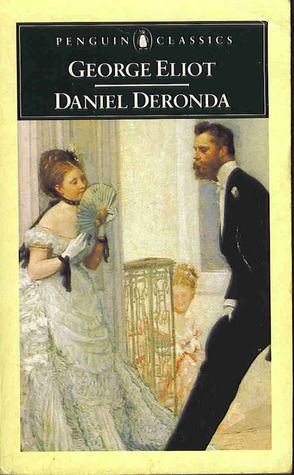

After her marriage, Gwendolen receives a letter from Mrs. Glasher, to allow her son to inherit Grandcourt’s fortune. Grandcourt, despite a plea from his previous lover, Mrs. Gwendolen is later further attributed as this type of person when she marries Mr. This condemnation of gambling suggests that those like Gwendolen, who engage in the practice, are too individually-concerned to care about other’s suffering.

Later in the story, after Gwendolen inquires the purpose of his disdain, he replies “…there is something revolting to me in raking a heap of money together, and internally chuckling over it, while others are feeling the loss of it” (367). At the beginning of the book, Deronda sees her at a roulette table and scorns at her gambling. Gwendolen, previously spoiled and selfish, begins to regret profiting off the losses of others, learning to think of those besides herself in the process through this, she achieves unity with those she cares for. Through this story, Eliot endorses unity between humans on behalf of each other, a theme which, while encouraging selflessness and camaraderie on a general basis, results in conflict between collective and individual identity and duty. What is the point of unity? Ironically, that point is unity itself. Daniel Deronda, a young gentleman, interacts with both of these women and their circumstances, interweaving the two seemingly unrelated plotlines into a single story. The other is the story of Mirah Lapidoth, a Jewess who runs away from a gambling-addicted father and an unsuccessful acting career to reunite with her long-lost mother and brother.

One is the story of Gwendolen Harleth Grandcourt, a previously wealthy and spoiled young woman, who, after a change of fortune, marries a despicable, controlling man of wealth. George Eliot’s Victorian neo-classicist novel, Daniel Deronda, tells two stories simultaneously. Knopf, Inc.), 1964įeatures of this Edition: Introduction by A.S. Publication: New York: Everyman’s Library (Alfred A. I figured I would have to read it eventually, so I decided to read it for my SSR. Mom recommended it because it's considered the first novel dealing with Judaism. I read Daniel Deronda as a choice novel for English.


 0 kommentar(er)
0 kommentar(er)
